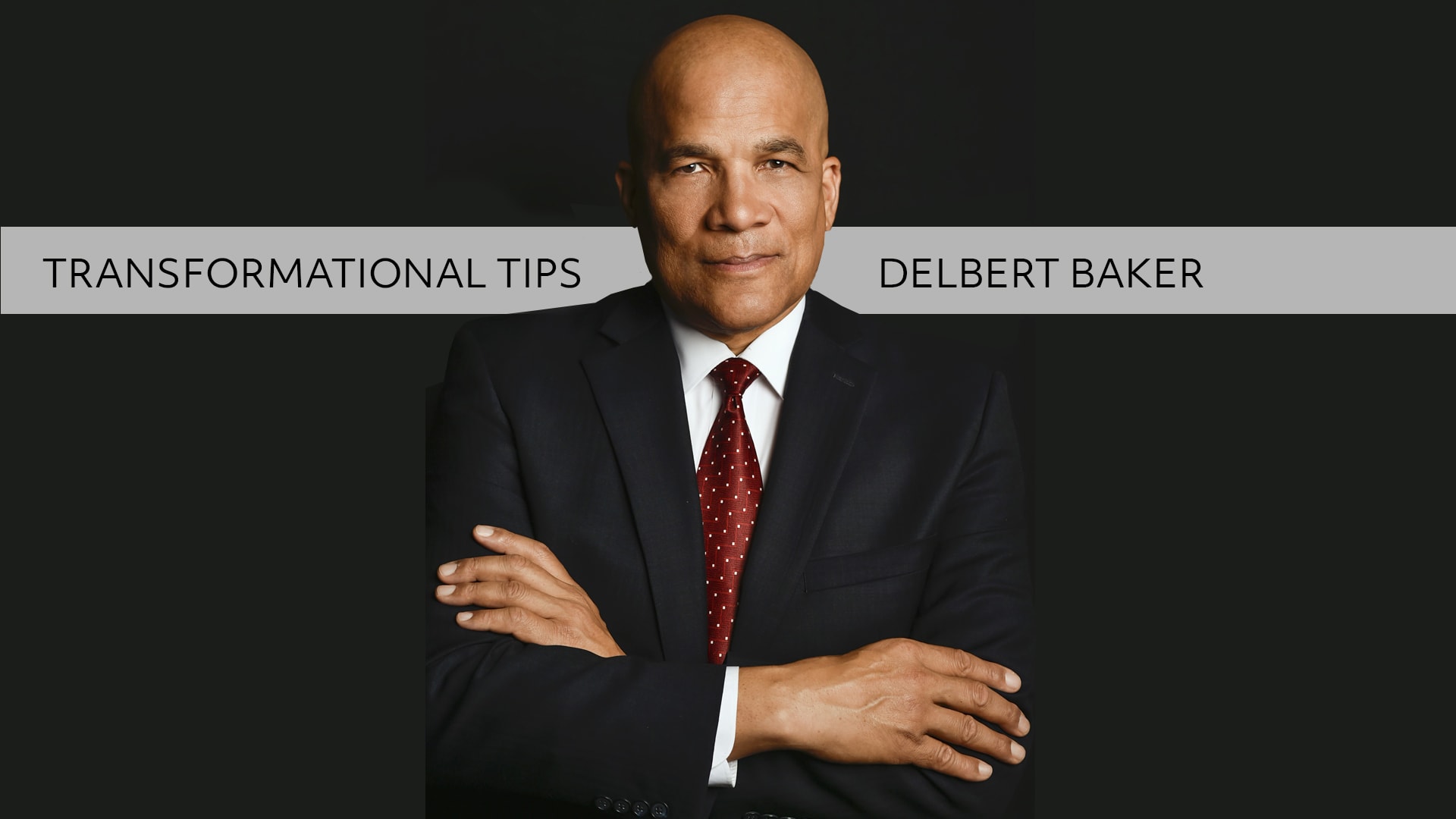
In Galatians 1, while making a defense of the gospel, demonstrating his divinely appointed apostleship, and signifying his call from Christ, Paul says, somewhat intriguingly: “I went into Arabia” (verse 17).1 Why Arabia? Why there? What does it mean?
Transformation
To answer, let’s back up a bit. In Acts 7 we first see Saul stoically facilitating the death of Stephen. In chapter 8 we catch him like a raging bull furiously traversing the 100 miles from Jerusalem to Damascus with authorization to persecute Christians. Then in Acts 9, suddenly, unexpectedly, Paul is miraculously struck down on the Damascus road. In arresting light, he is given a vision of the risen Christ. Blinded by the ordeal, he is made to wait on a message from one of the Christians that he was going to persecute. Shortly thereafter, Ananias visits him, heals his sight, and baptizes him. Following the Galatians 1:17 passage, Paul reveals the enigmatic trip to Arabia (verse 18). The “three years” (verse 18) in Arabia incident happens.
Damascus
Once in Damascus, not as an antagonist of Christians but now as an advocate of Christ, Paul is thrust into an about-face mode. He begins meeting with the shell-shocked Christians of Damascus. Simultaneously, he begins an all-out polemic against the Jewish religious establishment, proclaiming that the crucified Jesus is the Son of God.
In the midst of this swirl of activity, Paul senses a lack. Paul needs Arabia! He needs his sea legs. Like the passenger needing to keep balance and not feel seasick when on board a moving ship, so Paul needs foundation amid the cascade of events. He needs space and solitude to steady his pace and focus his faith and future. He understands his need and immediately moves toward Arabia.
Like Jerusalem, Arabia was some 100 miles from Damascus—but in another direction. Both were viable destinations but represented different agendas. Paul chose well. He stated that he didn’t consult with flesh and blood and avoided the common thinking that he should first go to Jerusalem for official validation.
Arabia
Some scholars argue that Paul went to Arabia for a refuge. Others say he was evangelizing the Bedouin tribes or retracing the steps of Moses and Elijah to the Mount Sinai region. Perhaps these conjectures have a bit of truth. But what he needed most was an opportunity to reflect on his new faith and daunting future. Paul felt the hunger to settle, think, commune, and to experience silence, solitude, and obscurity. He desired the soul-expanding experience of “deep calls to deep” (Ps. 42:7).
In classic inspirational fashion, Ellen White zeroes in on the core truth: “Here, in the solitude of the desert, Paul had ample opportunity for quiet study and meditation. He calmly reviewed his experience and made sure work of repentance. He sought God with all his heart, resting not until he knew for a certainty that his repentance was accepted and his sin pardoned. He longed for the assurance that Jesus would be with him in his coming ministry. He emptied his soul of the prejudices and traditions that had hitherto shaped his life, and received instruction from the Source of truth. Jesus communed with him and established him in the faith, bestowing upon him a rich measure of wisdom and grace.”2
Development
The Arabia application is specific. Find your time, space, and place to connect or reconnect with God. Get in spiritual sync with the Spirit. Seek revival, renewal, and rebirth. “When the mind of man is brought into communion with the mind of God, the finite with the Infinite, the effect on body and mind and soul is beyond estimate. In such communion is found the highest education. It is God’s own method of development. ‘Acquaint now thyself with Him’ (Job 22:21), is His message to mankind.”3
You figure out the schedule and destination, be it close or far away. But do it. Be like Paul—access your Arabia.
Delbert W. Baker, Ph.D., is the director of Research and Development for the Office of Regional Conference Ministries/Retirement Plan based in Huntsville, Alabama.
1 Bible texts are from the Holy Bible, New International Version. Copyright © 1973, 1978, 1984, 2011 by Biblica, Inc. Used by permission. All rights reserved worldwide.
2 Ellen G. White, The Acts of the Apostles (Boise, Idaho: Pacific Press Pub. Assn., 1911), pp. 125, 126.
3 Ibid., p. 126.